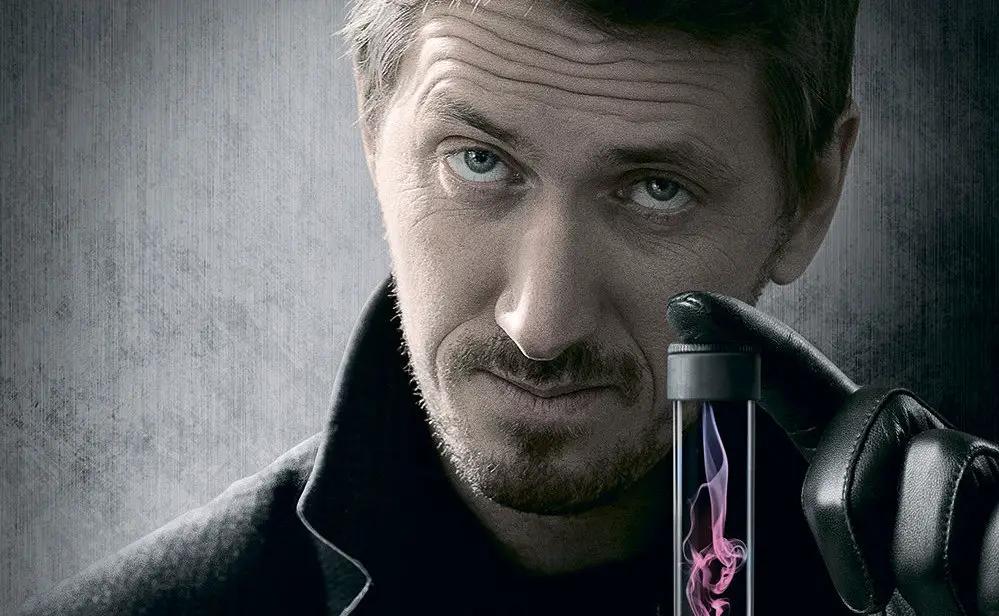Seventeen Moments of Spring (Семнадцать мгновений весны) is a 12-part Soviet war drama that first aired in 1973.
The series recently came back into the news when Vladimir Putin cited it as an inspiration for wanting to join the KGB in his youth. According to his personal assistant, Leonid Brezhnev was also a devoted fan who watched the series more than twenty times through.
Generally acknowledged as the Soviet’s response to west’s James Bond films, instead of the suave, debonair Bond, the show follows a tough and no-nonsense Maxim Isaev. With an estimated audience of between 50 and 80 million viewers each episode, the series is one of the most popular television serials in Russian history.
Based on the novel by Yulian Semyonov (Юлиан Семёнов), the series follows Maxim Isaev (Максим Исаев, played by Vyacheslav Tikhonov – Вячеслав Тихонов), a Soviet spy who, under the pseudonym Max Otto von Stierlitz, is embedded in Nazi Germany during the spring of 1945. He is charged with subverting attempts by Germany and the Western Allies to forge a separate peace without the Soviet Union.
His mission is complicated when the bombing of Berlin destroys the house of Erwin and Ketrin Kin — Isaev’s radio operators and sole connection to Moscow. Erwin dies in the attack, but Ketrin, his pregnant wife, is rushed to a nearby hospital, now in labor. She screams in Russian during the childbirth and the hospital employees immediately report her to the Gestapo, threatening the entire mission.
A lavish colorized version of the series was released in 2009. In the process, each episode was shortened around 25 percent and simultaneously cropped to fit the now-standard 16:9 format.
The trailer for Seventeen Moments of Spring in technicolor (and Russian!)
Enjoy the first episode of Seventeen Moments of Spring (in Russian!):
https://www.youtube.com/watch?v=WTiR1E60fXk&list=PL0nkgkqR7LBOsMVVC4-wxbKNcdyNO8Znv











